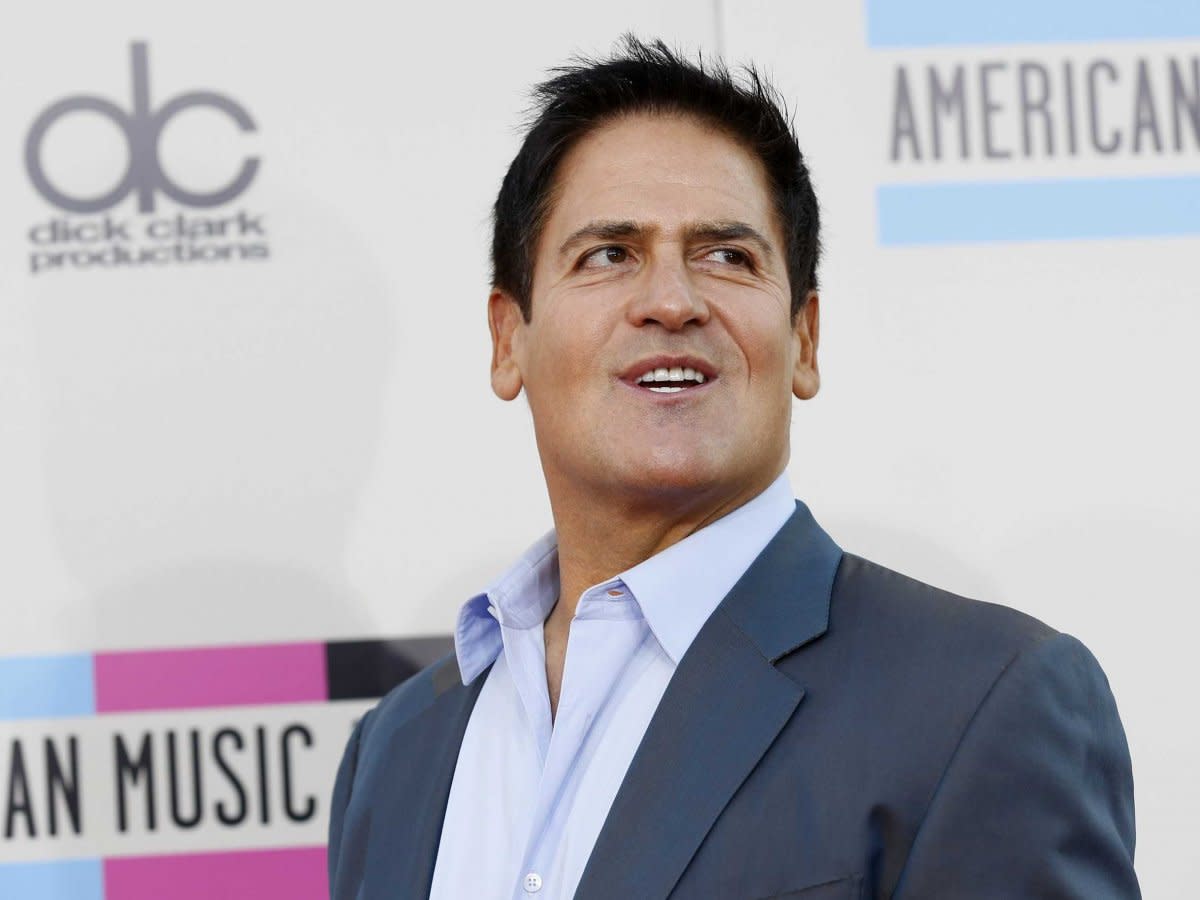Mark Cuban Negotiated A New ‘Shark Tank’ Deal With Sony Entirely Over An App That Deletes All Messages

Mario Anzuoni/Reuters
Mark Cuban.
Amid the long list of leaked emails from December’s massive Sony hack was an exchange involving billionaire investor Mark Cuban, Mark Cuban Companies general counsel Robert Hart, and Sony Pictures Television president Steve Mosko regarding a “Shark Tank” contract Cuban deemed “beyond an insult” and had him threaten to leave the show.
After the leak, Cuban told Business Insider, the billionaire investor decided to handle negotiations of a new deal over his free texting app Cyber Dust, which features texts that disappear after 30 seconds.
Following the leak, Cuban told Business Insider his future online interactions with Mosko would be done over Cyber Dust.
Last week Cuban sent a message to all of his Cyber Dust contacts, including BI, that he handled the negotiation of a new contract with Mosko exclusively over Cyber Dust.
We followed up with Cuban over email about the specifics of the deal and his decision to use the app. Here’s our full back-and-forth, edited for format:
Business Insider: Was there any reluctance from Sony to negotiate over CyberDust?
Mark Cuban: No. they were wide open to it. My lawyer and I communicate almost exclusively in CD so she was able to communicate the benefits to Sony. It was simple to get them using.
BI: Are there any details surrounding the deal that you can share?
MC: Once Sony was back to business, it went pretty quickly. Despite what was reported about the one email the primary negotiating issues were about how closed deals could use Shark Tank IP in their marketing.
ABC and Sony have really come a long way in their understanding of the needs of the entrepreneurs. We were able to get through a checklist pretty quickly and get the deal closed.
BI: Is this a practice you will repeat in the future?
MC: I’ve been using it since we started Cyber Dust.
Interestingly, the leaked emails didn’t tell the full story behind his anger.
The older proposed deal called for a salary of around $30,000 per episode from seasons 5-7, required he promote the show on any channel it was syndicated on, and even suggested that Sony could copyright Cuban’s “catchphrases” and gestures. Much more importantly, according to our interview with Cuban, was the way that Sony wanted to restrict entrepreneurs’ use of the “Shark Tank” brand in their marketing.
It’s not the first time Cuban threatened to leave “Shark Tank” due in part to how entrepreneurs were treated. In late 2013, his threat forced the show’s production company Finnmax to remove retroactively a clause that required every “Shark Tank” contestant to give it either 2% of their profits or 5% equity of their company.
From what he told us, however, it looks like he’s happy with where all the forces behind “Shark Tank” are right now.
Read more stories on Business Insider, Malaysian edition of the world’s fastest-growing business and technology news website.



